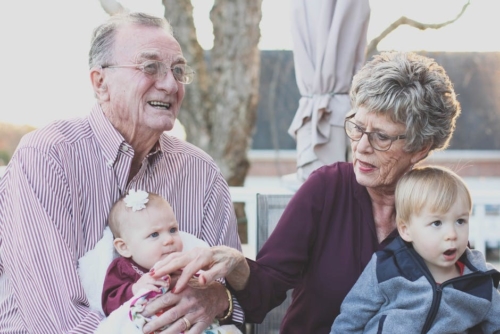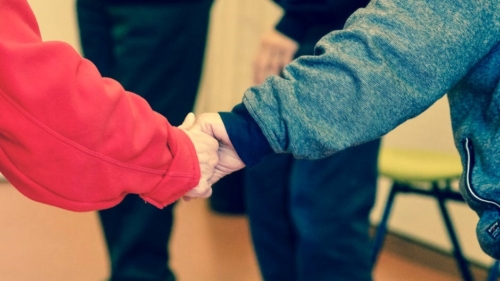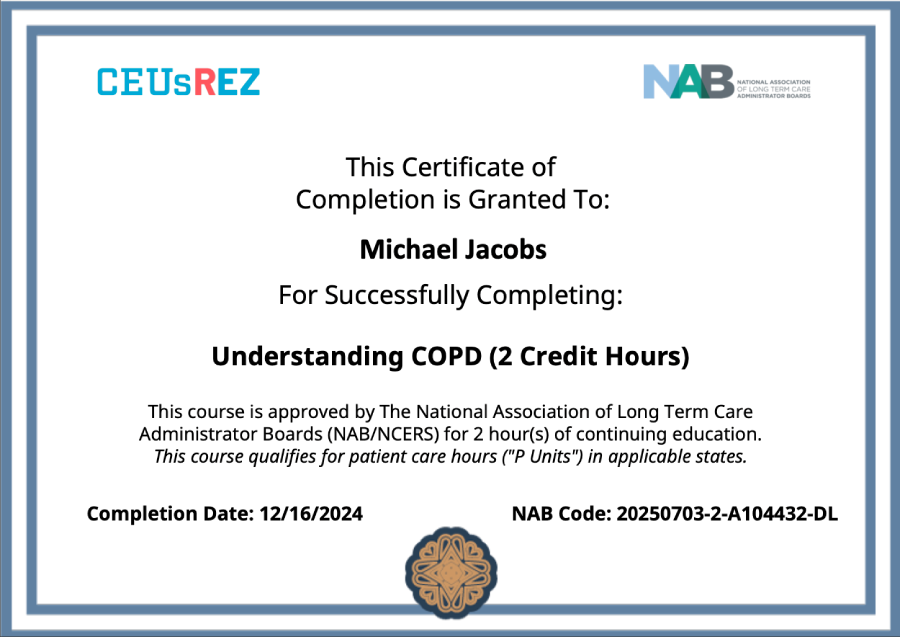Depression is not a normal part of aging. However, major depression affects approximately 10-20% of the world’s population in the course of a lifetime. The National Institute of Mental Health has called depression among the elderly a “serious public health concern.” 25% of elderly people experience periods of persistent sadness that lasts two weeks or longer. In nursing homes, approximately 20% of the residents are clinically depressed. Upon completion, participants should be able to recognize the signs and symptoms of depression, characteristics, treatment, medication, and prognosis.
How to Manage Depression in the Elderly (.5 Credit Hours)
Total Price$10.00
Description
Depression is not a normal part of aging. However, major depression affects approximately 10-20% of the world’s population in the course of a lifetime. The National Institute of Mental Health has called depression among the elderly a “serious public health concern.” 25% of elderly people experience periods of persistent sadness that lasts two weeks or longer. In nursing homes, approximately 20% of the residents are clinically depressed. Upon completion, participants should be able to recognize the signs and symptoms of depression, characteristics, treatment, medication, and prognosis.
**The credits provided by this course qualify as patient care credits (“P Units”) in applicable states.**






